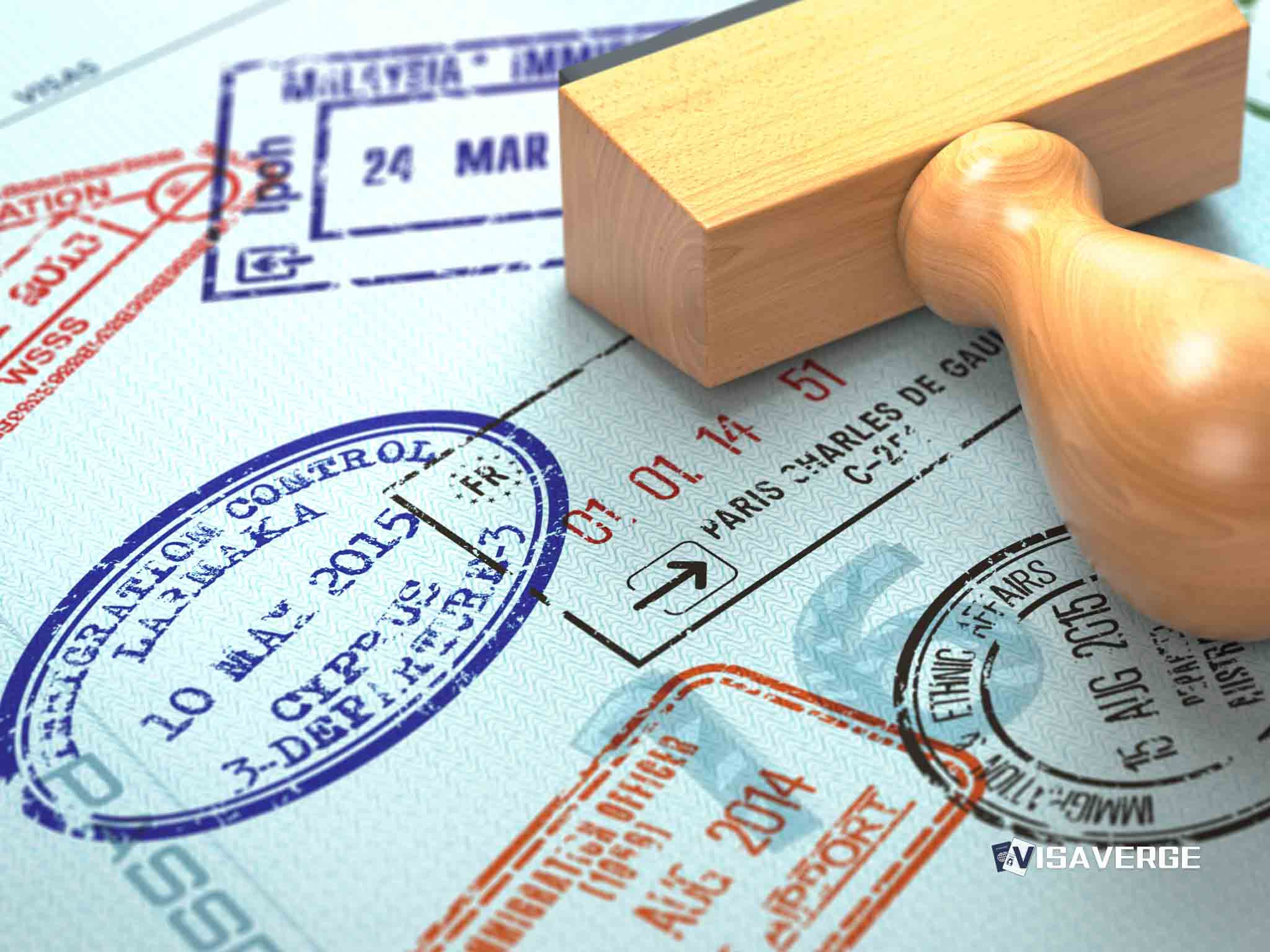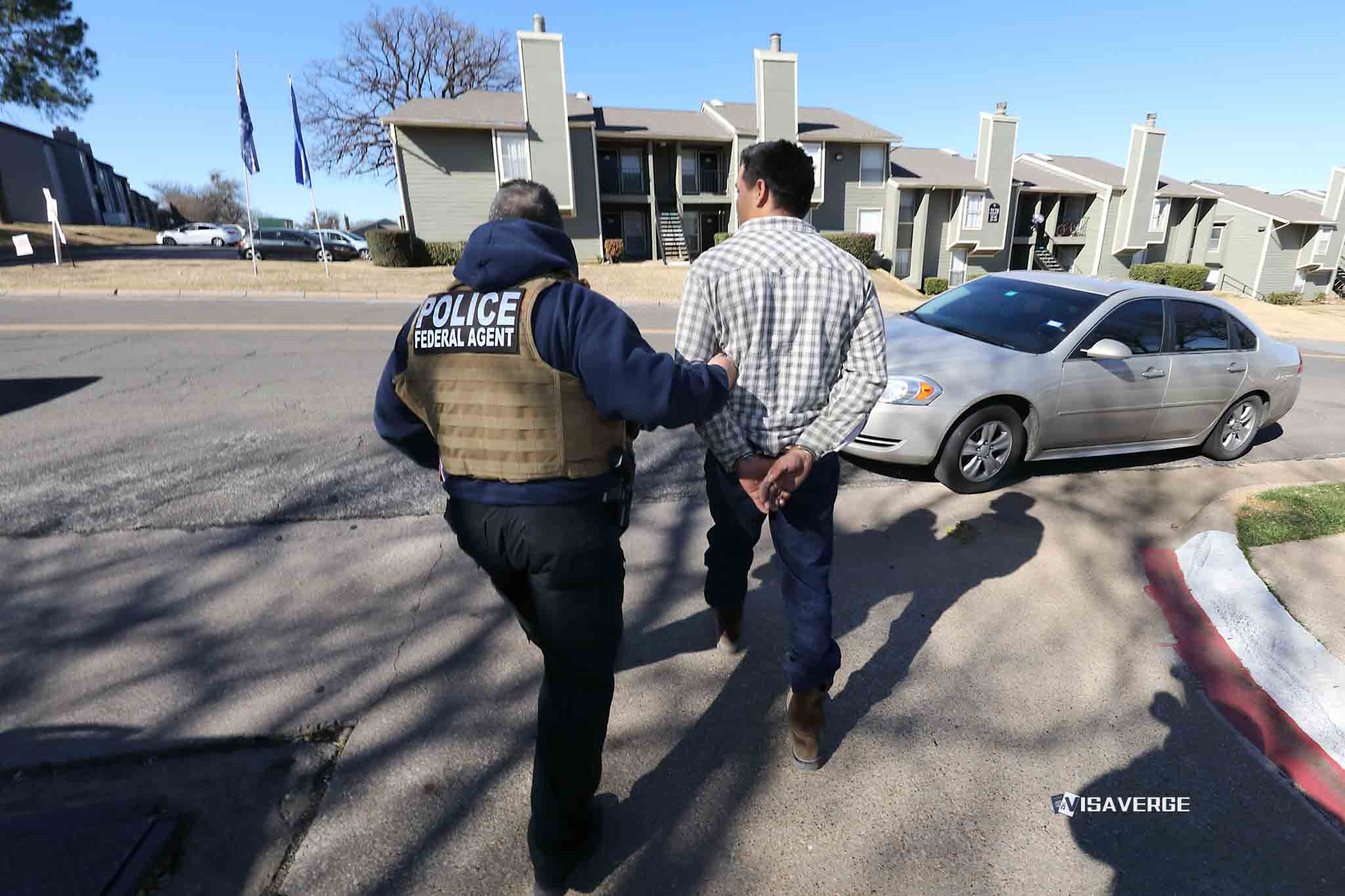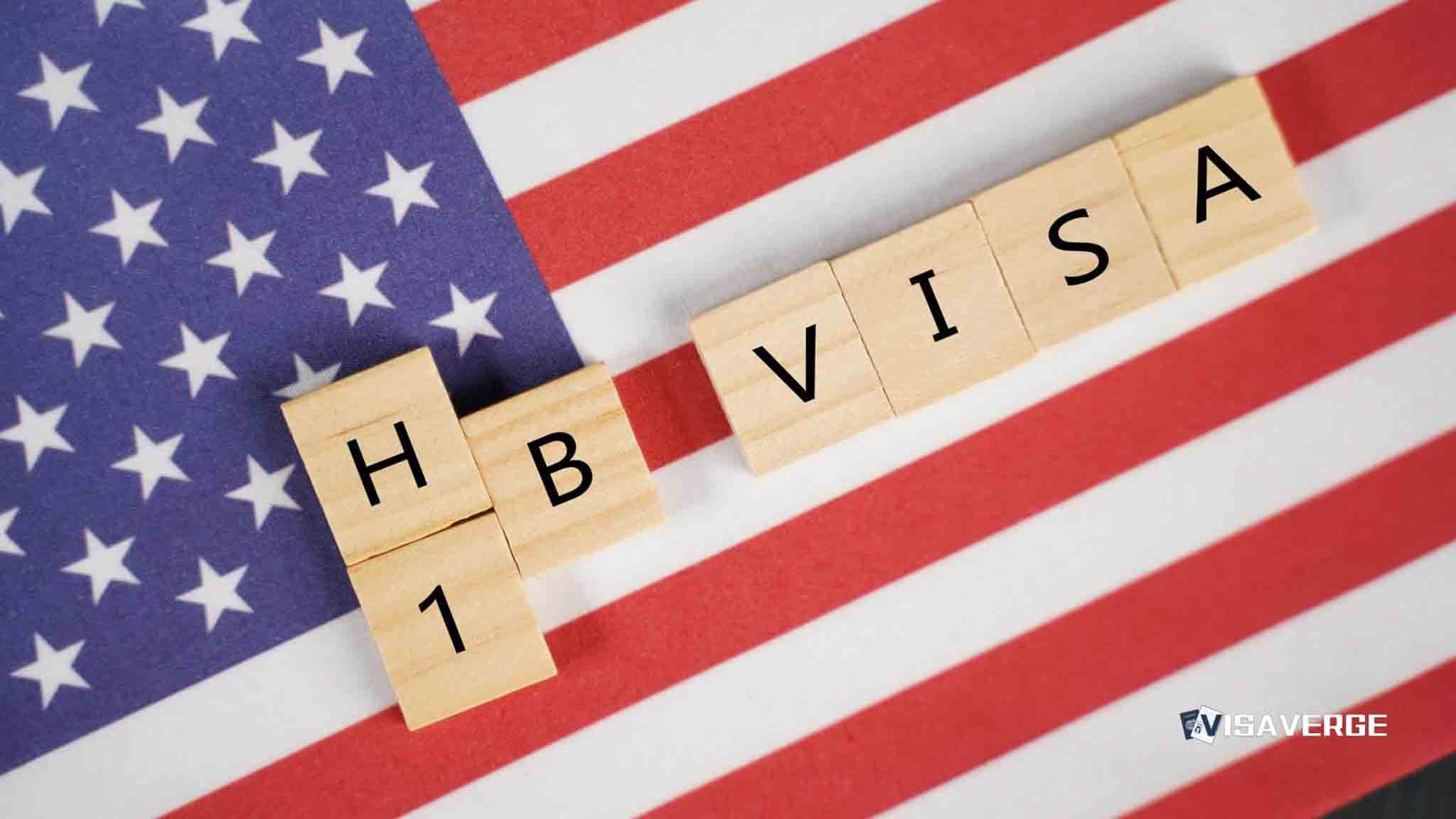As of October 1, 2025, the United States 🇺🇸 is in a federal government shutdown after Congress did not pass funding bills for the new fiscal year. For families and employers counting on consular processing at U.S. embassies and consulates abroad, the central question is immediate and practical: Will immigrant visas keep moving?
According to the U.S. Department of State: U.S. Visas, most scheduled interviews will continue “as the situation permits,” meaning many applicants should still plan to attend their appointments while preparing for slower service and possible last‑minute changes. Consular operations rely heavily on fee funding, which allows them to keep running for a time even during a government shutdown, but that cushion is not unlimited and local conditions can change with little warning.

Will your consular interview proceed?
In plain terms, your consular processing interview will likely proceed unless the embassy or consulate where you’re scheduled:
- faces staffing gaps
- runs low on reserve funds
- must limit public services due to the shutdown’s length
The State Department’s guidance during lapses in appropriations has been consistent: services such as passports and visas continue where resources and staffing allow. This approach mirrors earlier shutdowns, when posts honored most existing appointments but often cut back on new bookings or reduced hours. Decisions are made post by post based on staffing, funding, facilities access, and security. Applicants should act on direct instructions from their embassy or consulate, not rumors or social media posts.
The absence of an official cancellation or rescheduling notice is generally a signal to appear at your scheduled appointment.
Main risks and likely operational changes
The most common risks come from reduced staffing and budget constraints. Expect:
- Furloughs of nonessential federal workers
- Locally employed staff with reduced schedules
- Fewer open interview windows and fewer daily slots
- Longer lines and slower processing
- Possible postponement of future appointments
- Building closures or restricted access if broader federal management actions apply
- Slower communications as public affairs and customer service functions scale down
Because of these overlapping risks, it is important to watch for messages from the embassy or consulate that scheduled your interview and to keep copies of any correspondence related to your case.
Near‑term outlook and historical context
Despite challenges, the near‑term outlook for most immigrant visa applicants remains steady. Consular processing is generally fee‑supported, and embassies and consulates maintain reserves to plan for short disruptions. Historically:
- Posts treated consular work and core visa functions as high priorities during funding lapses.
- Most scheduled interviews were kept, while new appointments were often delayed.
- Post websites and auto‑replies commonly told applicants to appear unless told otherwise.
If you’re advised to attend, arrive prepared — this helps reduced staff handle cases more efficiently and lowers the risk of further delay.
How the shutdown length affects processing
- Short shutdown: minor disruptions — slower processing, fewer appointment slots, delayed passport returns.
- Longer shutdown: greater risk of depleted fee reserves and tighter operations — reduced hours, interviews limited to mission‑critical categories, or temporary service pauses.
Because immigrant visas depend on multiple agencies (the Department of State overseas and other departments handling security checks), a prolonged shutdown can create bottlenecks even if a post remains open. Security vetting and interagency clearances may queue up, adding days or weeks after the interview before a visa can be printed.
Uneven conditions across posts
Expect wide variation between posts and even within a single country:
- One embassy may run near‑normal operations; a nearby consulate may scale back.
- Weather, local holidays, or building access issues can compound shutdown effects.
- Many posts use appointment portals to push status updates — log in regularly and check spam folders.
Rely on the specific post that scheduled you for authoritative information.
Practical steps to reduce uncertainty
Follow these actions now:
- Attend your appointment as scheduled unless you receive an official cancellation or rescheduling notice. Keep your appointment letter with you.
- Check email and the post’s website daily. Also review your appointment portal, if used, and your spam folder.
- Bring every document listed in the post’s instructions and organize them clearly to help staff move your case quickly.
- Prepare for longer waits, fewer interview windows, and slower passport return due to reduced staffing and interagency bottlenecks.
- Keep a record of any messages from the embassy or consulate (screenshots, saved emails).
Additional practical tips if traveling for an interview:
- Buy flexible tickets and lodging when possible.
- Avoid scheduling the interview on the same day as your return flight.
- Bring snacks, water, and necessary medicines for children or elderly relatives.
- Arrive early but leave flex time around your appointment.
National Visa Center (NVC) and upstream effects
- If your case is at the NVC, monitor its website for general updates and expect slower responses.
- Online portals often stay live during shutdowns, but staff answer inquiries more slowly.
- If you’re waiting for an interview date, the local post’s capacity, not the NVC, usually determines scheduling.
Communication: what to rely on
One source of clarity remains consistent: the post’s website and official emails. During shutdowns, the State Department continues to share critical safety and security information, even if communications are shorter or less frequent.
- Keep your case number handy when checking updates.
- Do not rely on third‑party forums or messaging apps as the primary source of truth.
- If a message conflicts with your appointment letter, contact the post using the method listed in its instructions.
How adjudications are handled during a shutdown
A shutdown does not change eligibility standards or documentary requirements. If your interview proceeds:
- The consular officer will review the case on its merits.
- Possible outcomes: approval, refusal for administrative processing, or request for additional documents.
- Administrative processing and interagency checks may take longer until normal operations resume.
- Keep your case number and follow the post’s instructions for any document requests or returns.
Emergency considerations and rescheduling
- A postponed appointment is a logistical decision, not a judgment on your case.
- When rescheduled, your new date should preserve your place in line relative to local demand.
- If a delay creates a major hardship (e.g., “aging out” risks), watch for post instructions about raising urgent factors. Emergency consideration is possible but typically limited and tightly defined.
Generally, do not reschedule proactively; rescheduling without need can push your case further back.
Policy context: fee funding and operational stability
Consular sections are designed to keep working during budget lapses because application fees fund day‑to‑day work. This model reduces the chance of a complete stop but does not eliminate the risk of longer disruptions or interagency slowdowns. The result is a gray zone: services continue but move more slowly and unpredictably.
Three anchors to guide planning
- Your interview remains on the calendar unless you receive an official notice to the contrary.
- Expect operational friction: longer lines, fewer staff, and slower handoffs between agencies.
- Conditions may change week to week if the shutdown persists.
Set routines: daily email checks, weekly website checks, and saved copies of every notice. Share updates with family, schools, or employers so everyone uses accurate information.
Quick reference: what to expect
- Most immigrant visa interviews are expected to proceed where posts have staff and funds; posts decide based on local conditions.
- If fee reserves fall or staffing dips, posts may reduce hours, delay appointments, or pause some services.
- Building access issues can force rescheduling even when staff and funds exist.
- Communications may be shorter and less frequent, but urgent safety and direct case updates will continue through official channels.
- Keep every email and letter related to your appointment and follow the post’s rescheduling instructions exactly.
Authoritative resource
Bookmark the State Department’s visa pages and your local post’s site for official updates: U.S. Department of State: U.S. Visas
Analysis by VisaVerge.com and prior shutdown patterns suggest the best early indicator of change is a direct email from the post that scheduled you, followed by website or portal updates. If you see a message that conflicts with your appointment letter, contact the post using its listed method.
Final takeaway
This disruption, while stressful, is not permanent. Shutdowns end, and embassies and consulates return to full speed. The best actions you can take now are:
- Stay organized
- Show up as scheduled unless officially told otherwise
- Respond quickly to post instructions
Those steps historically positioned applicants to move forward as soon as the system allowed.
Frequently Asked Questions
This Article in a Nutshell
On October 1, 2025, a federal government shutdown raised concerns about immigrant visa interviews abroad. The State Department advises that scheduled visa interviews will generally continue where embassies and consulates have staff and fee reserves, but local conditions vary. Primary risks include furloughs, reduced hours, fewer appointment slots, slower communications, and delayed passport returns. Short shutdowns typically cause slower service; longer shutdowns risk depleting fee reserves and creating interagency bottlenecks that delay visa printing. Applicants should monitor official post communications daily, bring full documentation, keep records of correspondence, and avoid rescheduling unnecessarily. Emergency relief for severe hardships may be available but is limited.













